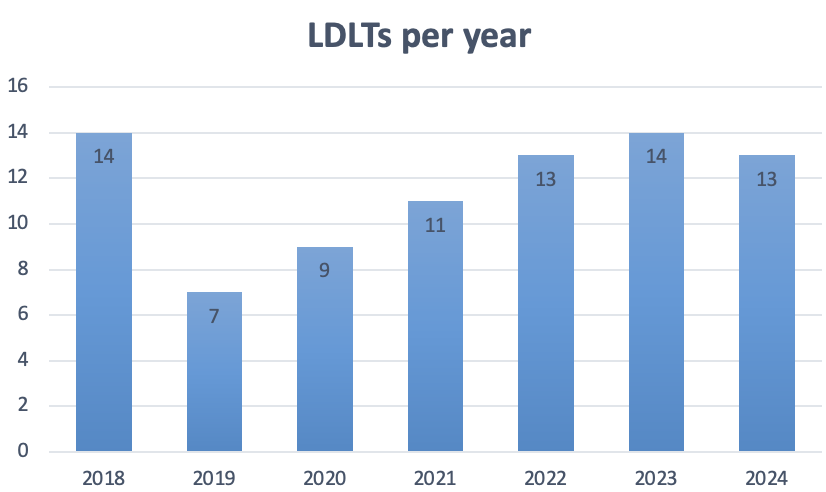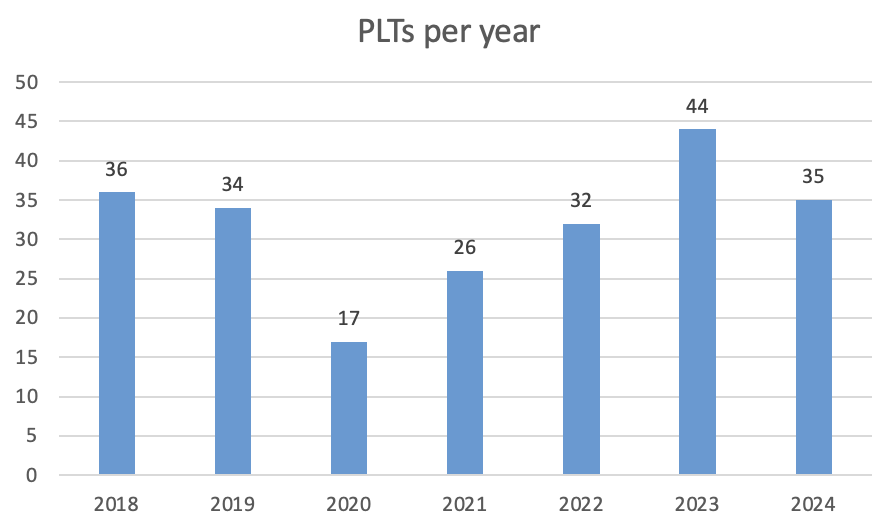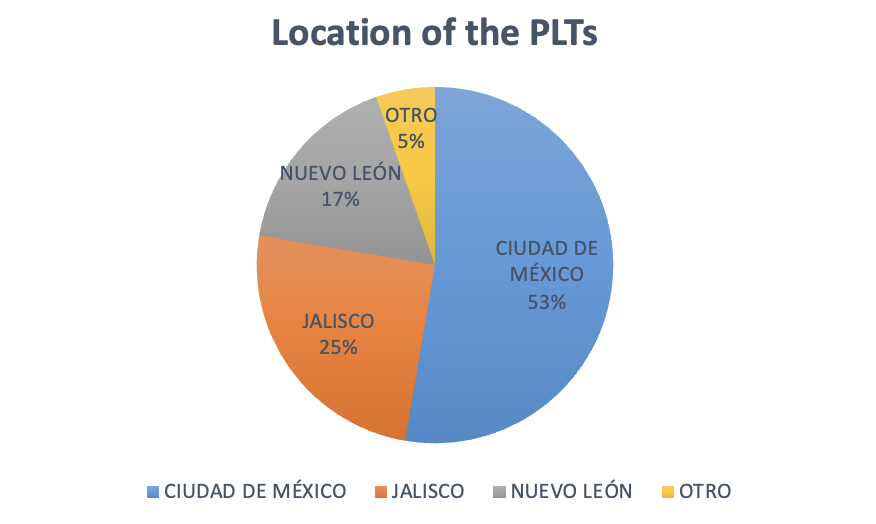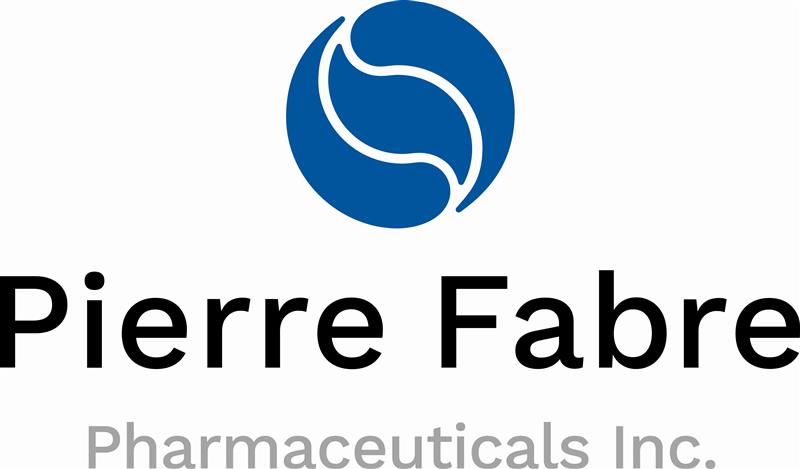"Pediatric Liver Transplantation in Mexico: Challenges, and Opportunities, and the Role of LDLT"
Oscar Mario Delgado-Casillas1, Esperanza Vidales Nieto2, Jorge Sanchez3, Jose Manuel Zertuche4, Alan Contreras5, Marco Covarrubias6, Antonio Medina Vega2, Manuel Rodriguez-Davalos1.
1Universidad Anáhuac Mexico, Ciudad de México, , Mexico; 2Instituto Nacional de Pediatría, Ciudad de México, , Mexico; 3Florida Atlantic University, Boca Raton, FL, United States; 4UMAE Hospital de Pediatría CMNO IMSS, Guadalajara, , Mexico; 5Intermountain Medical Center, Salt Lake City, UT, United States; 6Hospital Civil Fray Antonio Alcalde, Guadalajara, , Mexico
INTRODUCTION
Liver transplantation represents a life-saving option for patients with end-stage liver disease. In Mexico, PLT faces challenges, including the availability of donor grafts, and high-volume centers capable of performing living donor liver transplantation (LDLT). While advancements in surgical techniques and postoperative care have improved survival rates worldwide, the panorama in Mexico continues to improve. This study aims to analyze the current use of LDLT and PLT in Mexico, identifying trends, barriers, and opportunities for improvement.
METHODS
We conducted a retrospective observational study analyzing data from Mexico’s National Transplant Registry CENATRA. The study included all PLTs performed between January 2018 and December 2024. Collected variables included patient demographics, donor type (living or deceased), type of institution (public or private), and the location where the transplant was performed. Data analysis focused on identifying trends in transplant distribution, access disparities, and potential factors influencing outcomes.
RESULTS
Between 2018 and 2024, a total of 1473 livers were transplanted, 224 PLTs, and 81 LDLTs. The majority took place in Mexico City (52.7%), followed by Jalisco (25.0%) and Nuevo León (17.0%), with only 5.4% conducted in other states. The average age of transplant recipients was 4.65 years, with a higher proportion of female patients (60.7%) compared to males (39.3%). Public healthcare institutions played a dominant role performing 82.6% of all PLTs, followed by private hospitals (17.4%), DDLT accounted for 63.8% of procedures while LDLT made up 36.2%. Blood type O was the most common among recipients (64.3%), followed by A (21.4%), B (10.7%), and AB (0.9%). The average of PLTs has remained stable (32 per year), except for a significant decline in 2020 (17) due to the COVID-19 pandemic, after which transplant activity recovered to pre-pandemic levels. The proportion of LDLT has also remained consistent, averaging 12 per year and representing 38% of total PLTs.
CONCLUSION
PLT in Mexico remains highly centralized, with the majority of procedures performed in Mexico City, Jalisco, and Nuevo León. Public healthcare institutions, play a crucial role in providing these life-saving procedures and are the main path to help more pediatric patients. Increasing LDLT availability is essential to improving access to transplantation and to guarantee to help more kids. Specialized high-volume centers, improved transplant registry systems, and increased accessibility to PLT in the country are needed to reduce regional disparities and improve outcomes. Strengthening multidisciplinary collaboration between different hospitals and transplant programs is key to optimizing patient outcomes and expanding access to PLT nationwide.



The WebApp is sponsored by:

If you have any questions during the meeting, please go to the registration desk. Our emails will be monitored sporadically.
REGISTRATION DESK OPENING TIMES
Thursday, May 1, 2025, 07:00-17:30 Friday, May 2, 2025, 07:00-12:00